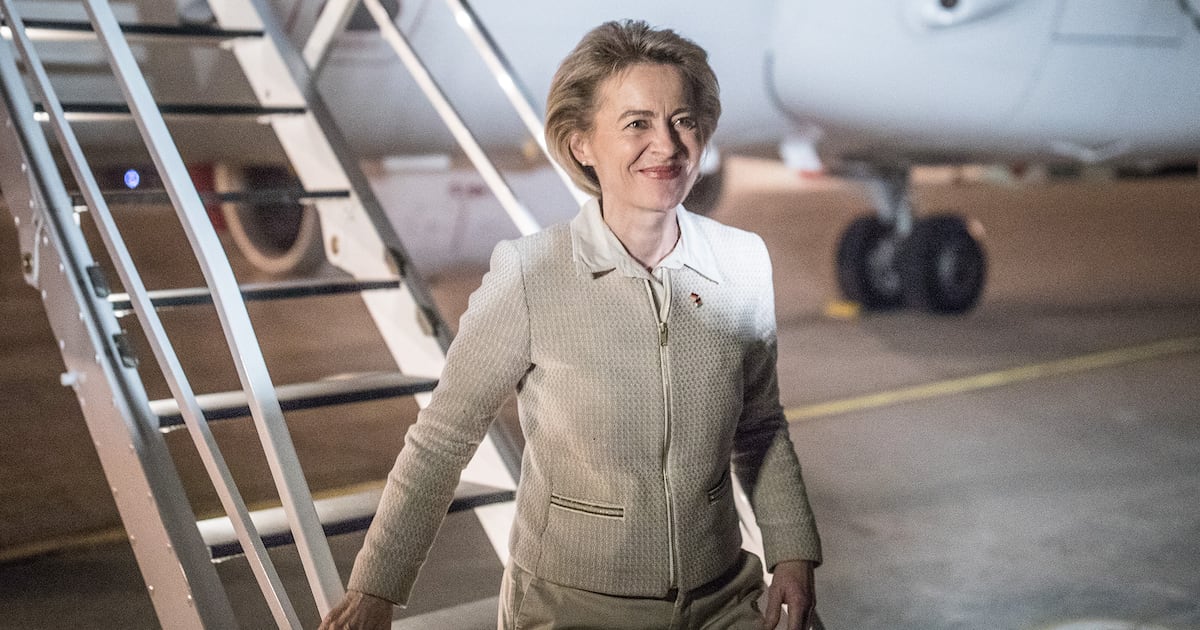A suspected Russian interference attack targeting Ursula von der Leyen disabled GPS navigation services at a Bulgarian airport and forced the European Commission president’s aircraft to land using paper maps.
A jet carrying von der Leyen to Plovdiv on Sunday afternoon was deprived of electronic navigational aids while on approach to the city’s airport, in what three officials briefed on the incident said was being treated as a Russian interference operation.
“The whole airport area GPS went dark,” said one of the officials. After circling the airport for an hour, the pilot took the decision to land the plane manually using analogue maps, they added. “It was undeniable interference.”
The Kremlin and European Commission have been approached for comment. The Bulgarian Air Traffic Services Authority confirmed the incident in a statement to the Financial Times.
“Since February 2022, there has been a notable increase in [GPS] jamming and, recently, spoofing occurrences,” it said. “These interferences disrupt the accurate reception of [GPS] signals, leading to various operational challenges for aircraft and ground systems.”
[ EU states working on plans for postwar military deployments to UkraineOpens in new window ]
So-called GPS jamming and spoofing, which distorts or prevents access to the satellite-based navigation system, was traditionally deployed by military and intelligence services to defend sensitive sites, but has increasingly been used by countries such as Russia as a means of disrupting civilian life.
EU governments have warned that rising GPS jamming blamed on Russia risks causing a major air disaster by essentially blinding commercial aircraft mid-journey.
GPS jamming incidents have risen significantly in the Baltic Sea and eastern European states close to Russia in recent years, affecting aircraft, boats and civilians who use the service for day-to-day navigation.
Von der Leyen was flying from Warsaw to the central Bulgarian city to meet the country’s prime minister, Rosen Zhelyazkov, and tour an ammunition factory.
The commission president was on a tour of the EU’s frontline states to discuss efforts to improve the bloc’s defensive readiness in response to Russia’s war against Ukraine.
“[Russian president Vladimir] Putin has not changed, and he will not change,” von der Leyen told reporters while on the ground in Bulgaria on Sunday. “He is a predator. He can only be kept in check through strong deterrence.”
Bulgaria has been one of the most important European suppliers of military equipment to Ukraine, initially of legacy Soviet-era weaponry in the opening months of the war, and now of artillery and other products produced by the country’s large defence industry.
Von der Leyen left Plovdiv on the same plane without incident after the visit. – Copyright The Financial Times
